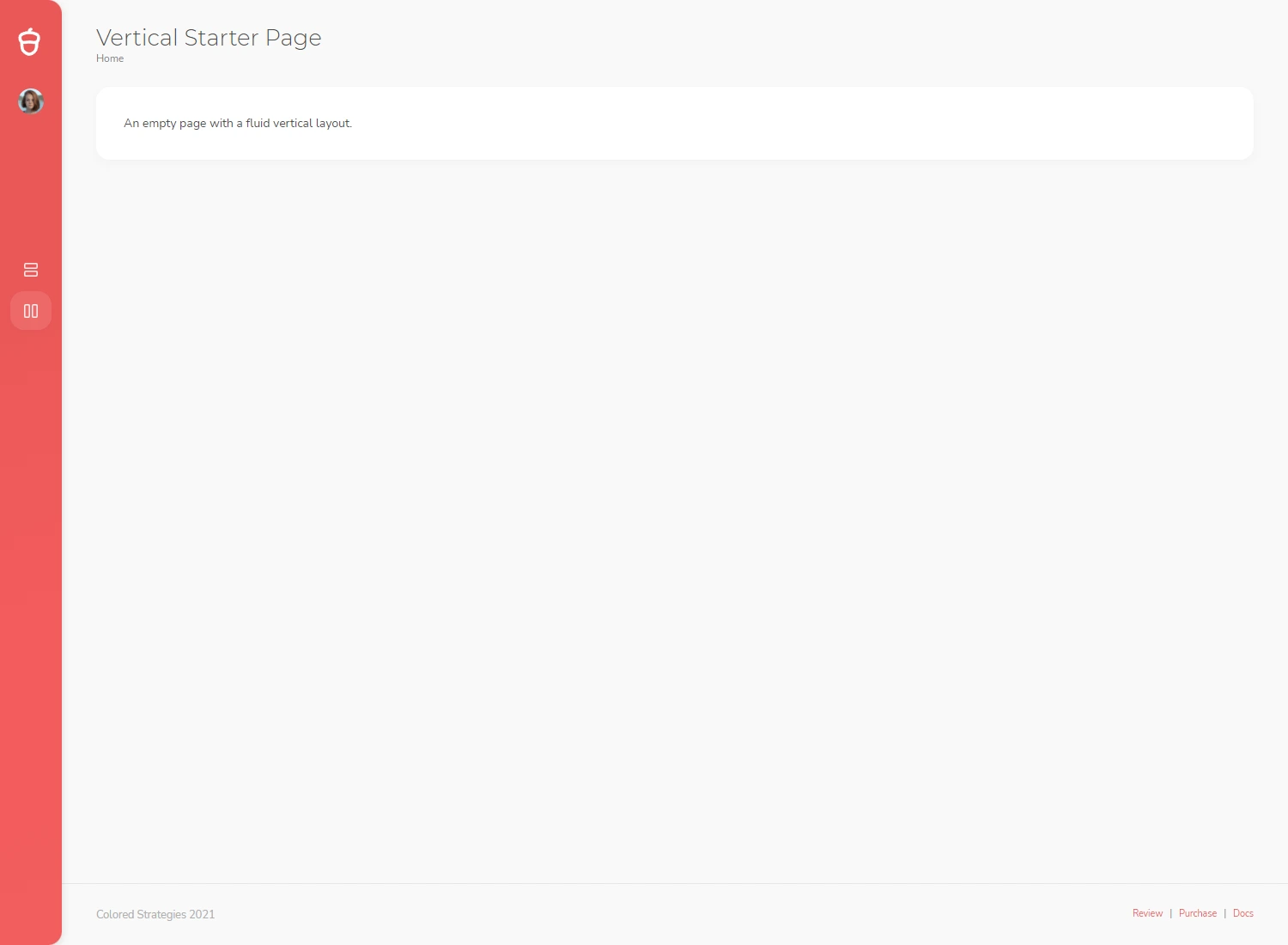The United Nations Convention to Combat Desertification (UNCCD) COP16 talks, held in Riyadh, Saudi Arabia, concluded on Saturday without an agreement on a binding plan to tackle global drought. Negotiators from 196 countries and the European Union could not finalize a much-anticipated "drought protocol," which would have held countries accountable for stronger drought preparation and response plans. Instead, discussions ended with a general consensus to revisit the matter at COP17, scheduled for 2026 in Mongolia.
The failure comes amidst rising concerns over worsening droughts worldwide, which the UN says could affect 75% of the global population by 2050 and already cost the world over $300 billion annually.
Understanding the UNCCD and COP16
The United Nations Convention to Combat Desertification (UNCCD) was established in 1994 as an international agreement to address land degradation and desertification, particularly in drought-prone regions. It is one of the three major environmental conventions along with the UN Framework Convention on Climate Change (UNFCCC) and the Convention on Biological Diversity (CBD).
- COP (Conference of Parties): This is the decision-making body of the convention where member countries (or "parties") meet regularly to discuss and act on the goals of the agreement.
- Drought Protocol: A proposed binding agreement to ensure countries create concrete plans to manage droughts and protect vulnerable communities.
The Stakes: Why a Drought Protocol Matters
Droughts, exacerbated by climate change and environmental degradation, are a growing global threat. Unlike floods or storms, droughts develop slowly but cause long-term harm, including:
- Crop failure and food insecurity
- Water scarcity
- Displacement of communities
- Economic losses
According to the UNCCD, 1.5 billion hectares of land need to be restored by the end of this decade, and at least $2.6 trillion in investments is required globally to mitigate drought impacts.
Why Did the Talks Fail?
-
Developing vs. Developed Nations:
- African nations strongly supported a binding drought protocol to ensure global accountability.
- Developed countries preferred a flexible framework instead of a binding agreement, which many African nations deemed inadequate.
-
Financial Commitments:
- While pledges of over $12 billion were made to support drought resilience, it falls far short of the estimated global need.
-
Indigenous and Farming Communities:
Indigenous groups and campaigners highlighted the importance of sustainable land management and local monitoring to improve drought resilience.
What Was Achieved?
While a binding protocol was not agreed upon, the talks laid the groundwork for future progress:
- Pledges of $12 billion from various institutions and the Riyadh Global Drought Resilience Partnership.
- A consensus that drought management must be prioritized at national and international levels.
- Recognition that drought response must include financial support for farmers to adopt sustainable practices.
Impact on the Global South
Drought disproportionately affects developing countries, particularly in Africa and South Asia, where agriculture-dependent economies are highly vulnerable. With limited resources to tackle droughts, developing nations sought stronger commitments and accountability from wealthier countries.
Conclusion
The failure to reach a binding drought protocol at COP16 highlights the complexity of global climate negotiations. While developed countries resisted a legally binding commitment, the urgency of drought impacts cannot be ignored. Future talks at COP17 in Mongolia must bridge the divide and deliver concrete solutions to protect vulnerable populations from this worsening crisis.






